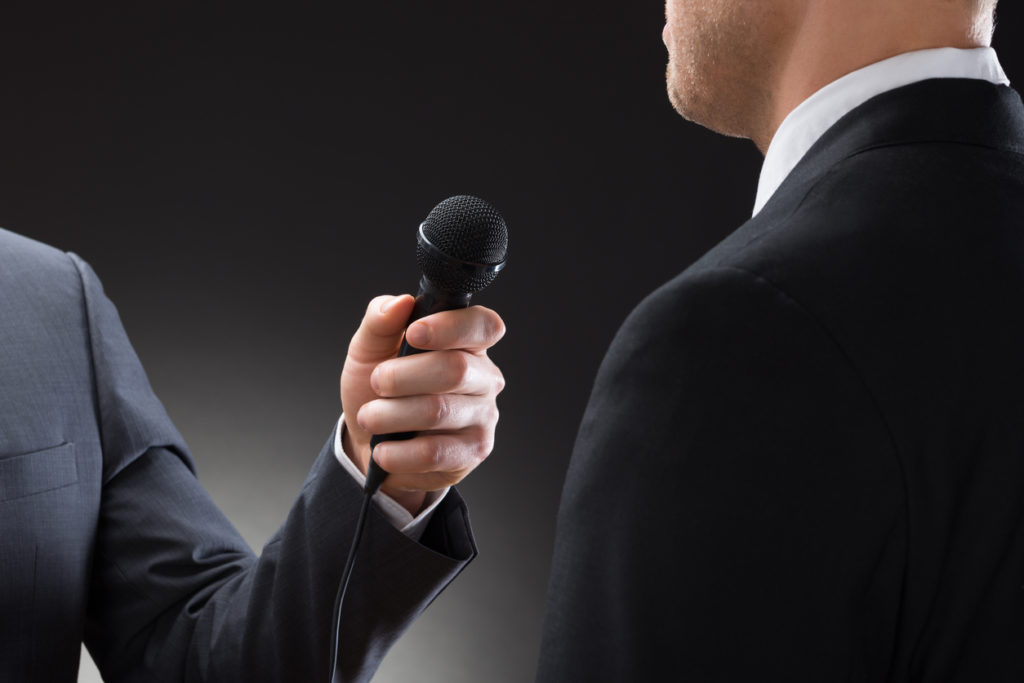Why You Should Never Criticize The Media Again
People regularly tell me that they don’t trust the media.
I usually respond by asking them where they get their news. They’ll name a couple of news websites they visit each day. Or their favorite news radio station. Or the television hosts they cuddle up to each night.
Then comes my inevitable follow-up question: do you trust them?
They usually say yes.
The problem is that blasting “the media” is too imprecise. “Media” is a plural term, not a singular one, which means that almost any criticism of the entire media is overly-broad.
The Merriam-Webster dictionary offers some valuable usage notes about both forms of the word. Note the final sentence:
“In most other applications media is used as a plural of medium. The popularity of the word in references to the agencies of mass communication is leading to the formation of a mass noun, construed as a singular <there’s no basis for it. You know, the news media gets on to something — Edwin Meese 3d> <the media is less interested in the party’s policies — James Lewis, Guardian Weekly>. This use is not as well established as the mass-noun use of data and is likely to incur criticism especially in writing.”
So the dictionary acknowledges that people are increasingly using “the media” as a singular term, but that doing so is likely to incur criticism.
I know that all of this may seem much ado about nothing, little more than a nitpicking grammatical point. But I’d argue that this distinction is important for anybody who interacts with “the media.”
You will be a better media spokesperson if you view news organizations as individual outlets with vastly different needs, pressures, and biases.
For example, a blogger may have looser news standards than The Wall Street Journal. A political radio talk show host may be more casual with the facts than PBS’ The News Hour. National Public Radio may cover a story by interviewing members of a local union, while Fox News may cover that same story by talking to local business owners instead.
So next time you hear someone railing against “the media,” ask them what they mean. You’ll probably find that they mean something more specific than the term “the media” originally suggested.
Postscript: There’s a caveat to everything, and here’s this article’s caveat: “The media” means something to a lot of people. For example, many conservatives view “the mainstream media” with suspicion, and some politicians who rail against “the media” may gain political benefit from doing so. While true, that’s outside the scope of this article’s focus.
Have the best of the blog delivered to your inbox twice per month! Enter your name in the box below to join our mailing list.




Very nice post, Brad. It does help to be specific when criticising news media. I was working with a client in the Southern U.S. and one of my students said that she was very unhappy with CNN, particularly with Anderson Cooper. “You see him in that black t-shirt, you know he’s up to no good.” She may have disliked the media generally, but at that moment, she was quite specific and unintentionally hilarious.
Thank you, Bill. I have to admit that your comment may be my favorite of the week — she was unhappy with his t-shirt?!?
I guess that makes a serious point about how subjective communications is. For some people, a black t-shirt represents “down to Earth.” For others, it represents offensively casual. But I will say this: It’s a bit refreshing to have a man’s outfit criticized; women usually bear the brunt of those complaints.
Best wishes,
Brad